President-elect Donald Trump's new obsession with expanding the U.S. map, comes as various American territories, as well as the nation's capital, have been vying for years to be recognized with statehood.
Trump has repeatedly suggested Canada and Greenland, an autonomous territory of Denmark, could join the U.S. and said explicitly he wants Canada to become the 51st state.
Although Trump has deemed the proposal as "necessary," in part due to their access to the arctic region, the leaders of both Canada and Greenland have been dismissive of joining the U.S. Trump, however, has declined to rule out military action, though it's unclear whether that would have support from Congress much less the American public.
While Trump eyes U.S. expansion, Washington, D.C., Puerto Rico, the U.S. Virgin Islands and other U.S. territories have spent years advocating for statehood, arguing that millions of Americans will be denied full representation until Congress gives them a chance to become states rather than territories or, in the case of D.C., a special federal district.
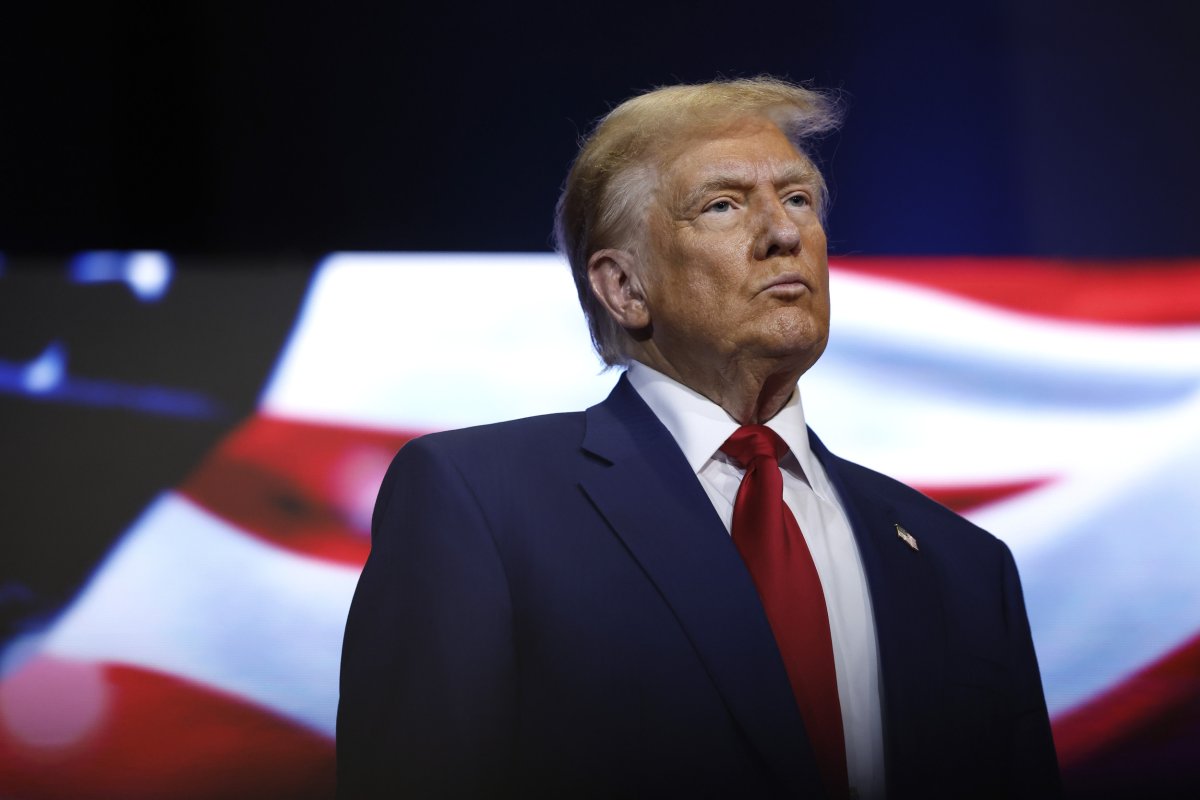
Josh Burch, founder of Neighbors United for DC Statehood, slammed Trump for considering statehood for Canada over D.C. and Puerto Rico.
"As a D.C. resident, as an advocate for statehood, as a proponent of participatory democracy, it's unbelievably insulting," he said. "It's insulting to the people of D.C. because we have been following the constitutional path to become a state for generations, and to no avail."
Most people in D.C. aren't taking the president-elect seriously, but still find it "offensive" that he would propose statehood for countries that aren't part of the U.S. before granting statehood to D.C.. As Burch noted, the capital is home to 700,000 Americans — the vast majority of whom aren't lobbyists or lawmakers — who simply "lack political representation."
Over the next four years, D.C. statehood advocates will be working to both protect the status quo home rule they are afforded, while also building legislative support for D.C. statehood.
This means winning over candidates in upcoming Senate races in states like Maine and North Carolina, he said. Those states among those where Democrats are hoping to ride a "blue wave" to victory in two years.
Jose Fuentes, chairman of the Puerto Rico Statehood Council, told Newsweek that while he didn't want to "comment on sovereign nations or other territories," he's optimistic that Trump will be open to Puerto Rico statehood over the next few years.
"President Trump has previously expressed an openness for statehood for Puerto Rico, and we look forward to working with the President, his team and congress to make this a reality," he said.
He noted that Puerto Rico Governor Jennifer Gonzalez-Colon and other key legislative leaders are Republicans, and that Puerto Rican voters in states like Pennsylvania shifted toward the GOP, playing a key role in getting Trump reelected.
"Puerto Ricans on and off the island are swing voters, and President Trump will establish a deeper legacy that will stand the test of time by admitting Puerto Rico as the next state and expanding U.S. territory for the first time in over 65 years," he said.
In 2016, more than 85 percent of D.C. voters backed a ballot measure that would have turned the district into a state. Puerto Rico also had a ballot question about what its residents preferred for its status. Fifty-eight percent said they wanted statehood, 30 percent said free association and 12 percent said independence.
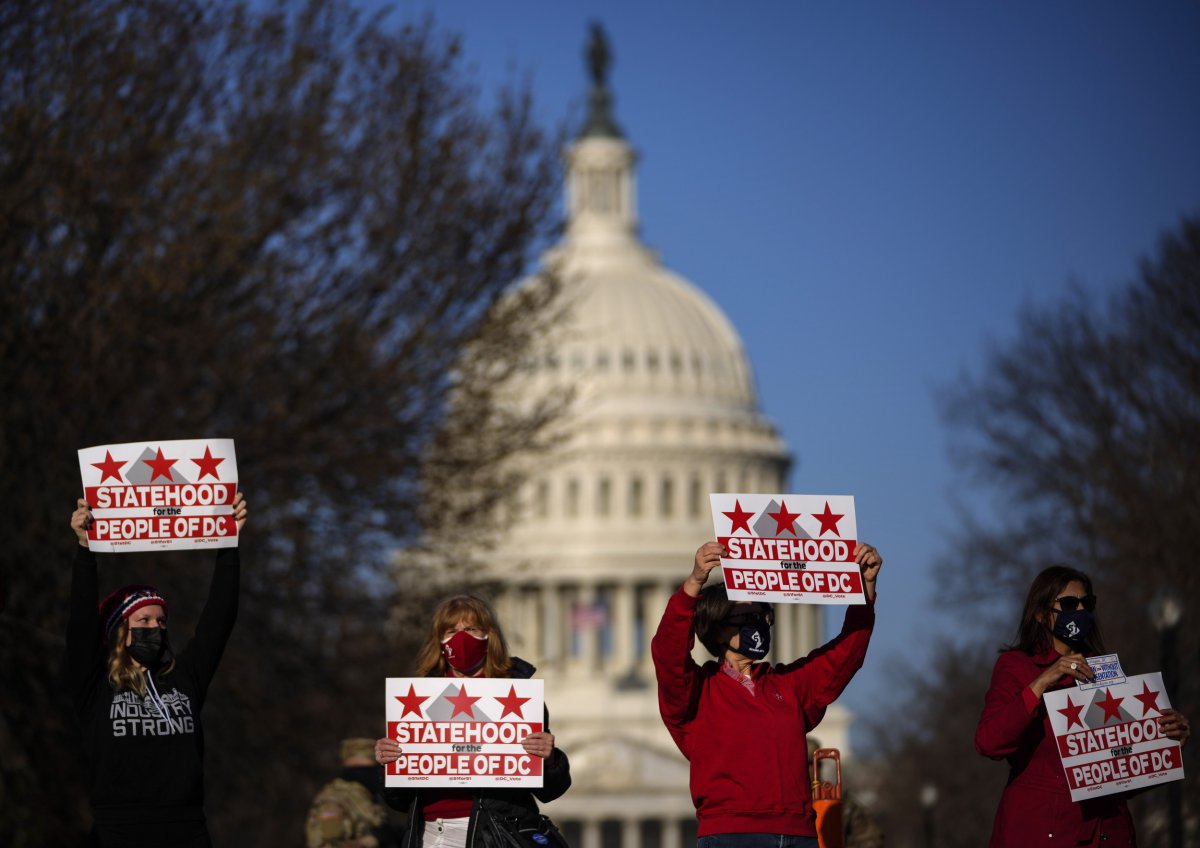
Colorado Governor Jared Polis, a Democrat who some see as having presidential ambitions, suggested that he would support giving Greenland's population the choice to join the U.S. — only after D.C. and Puerto Rico are granted statehood.
"If it's the choice of the people of Greenland to join the greatest country on earth, I would welcome them as our 53rd state, right after we admit Puerto Rico and Washington DC as states," he wrote on social media Tuesday.
Still, there's been little movement in the federal government to make them states.
Proponents for statehood argue it is necessary to ensure all Americans have equal representation in Congress. Currently, D.C. residents get three electoral votes as an official district, but no senators and only a non-voting member in the House of Representatives. Puerto Rico and other territories have only non-voting House members, no senators and no say in the Electoral College.
Opponents, however, argue that D.C., with the exception of federal compounds, could be absorbed into Maryland, and that Puerto Rico statehood could be costly to U.S. taxpayers, according to the Heritage Foundation, a conservative think tank.
Newsweek reached out to the Trump-Vance transition team for comment via email.
What Has Donald Trump Said About D.C., Puerto Rican Statehood?
Trump told the New York Post in 2020 that he does not believe Republicans would ever allow D.C. to become a state, pointing to its strong liberal lean.
"You mean District of Columbia, a state? Why? So we can have two more Democratic—Democrat senators and five more congressmen? No, thank you. That'll never happen," he said at the time.
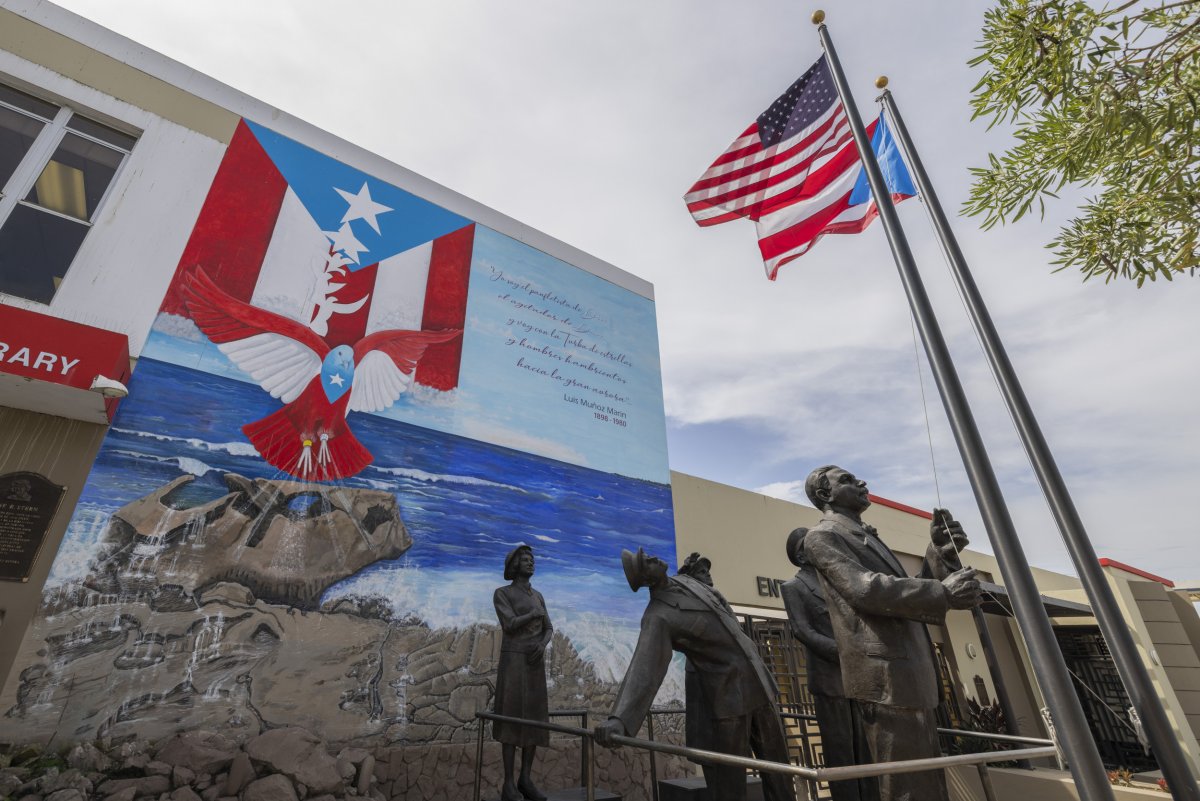
D.C. voters went for Vice President Kamala Harris with more than 90 percent support in this year's election, while Trump received less than seven percent support. If it were a state, D.C. would be, by far, the bluest in the country.
Trump in 2018 said he opposes Puerto Rico statehood, citing his feud at the time with the now former San Juan Mayor Carmen Yulín Cruz.
"With the mayor of San Juan as bad as she is and as incompetent as she is, Puerto Rico shouldn't be talking about statehood until they get some people that really know what they're doing," he said then.
In 2023, Trump's campaign purchased TV advertisements attacking Florida Governor Ron DeSantis, then his primary rival, for allegedly supporting Puerto Rico statehood.
![SOURCE SPORTS: [WATCH] Mets Capt. David Wright Gives Interesting Insight On The Honor Of His Jersey Retirement In Citi Field](https://thesource.com/wp-content/uploads/2025/01/01fs75fy836w8mp4ytwr.webp)



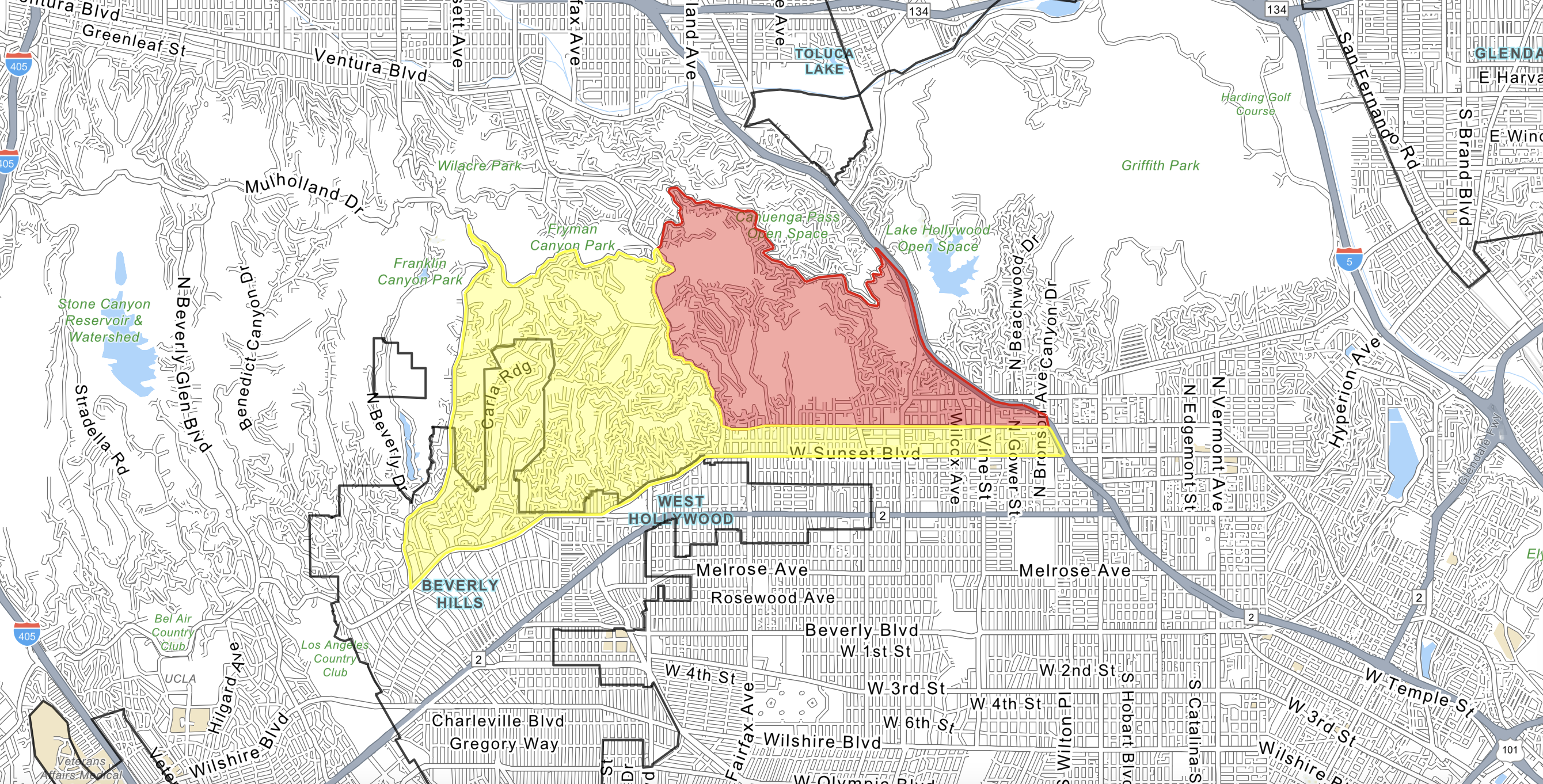






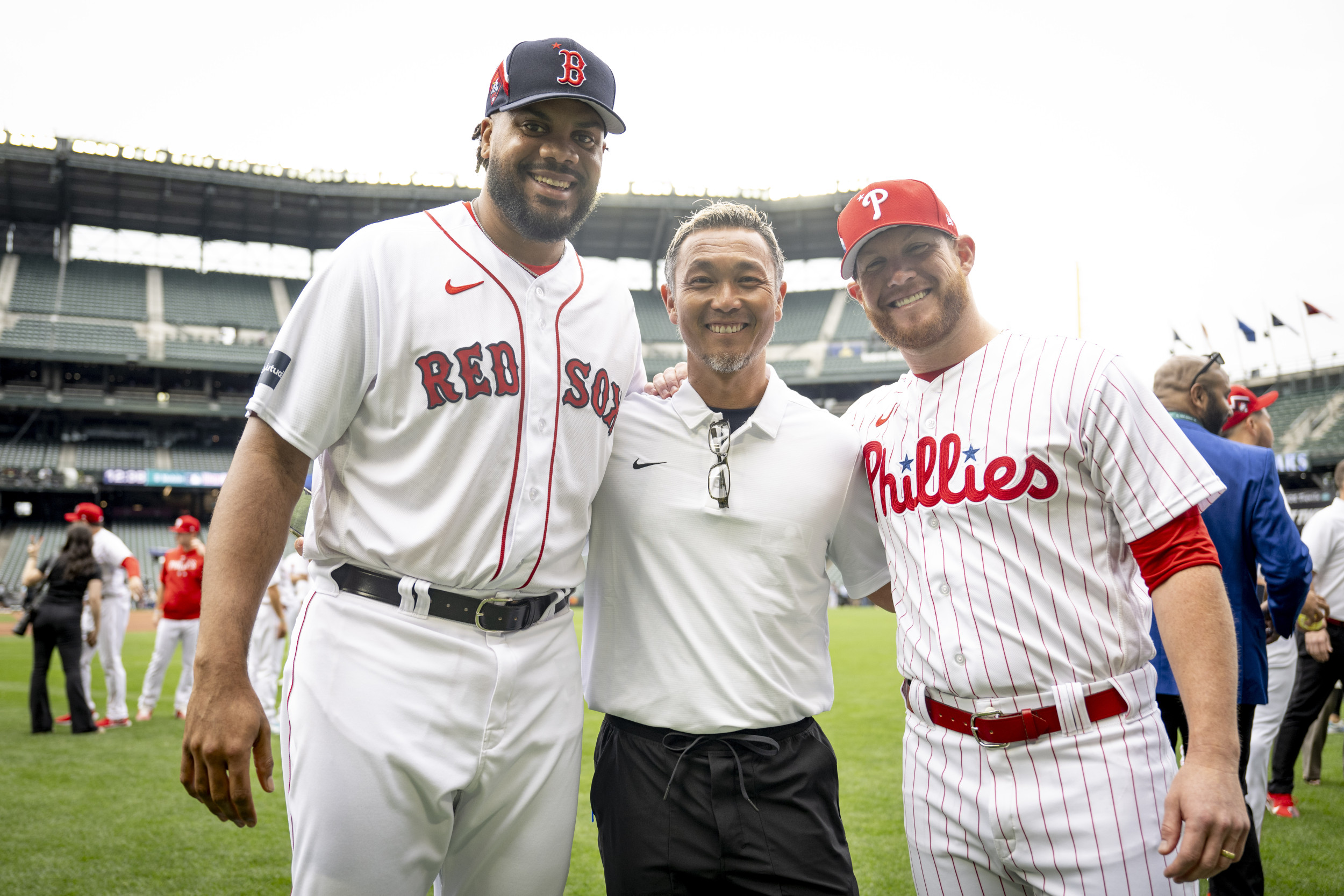

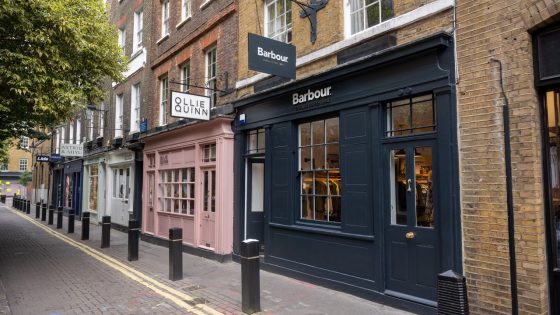






 English (US) ·
English (US) ·